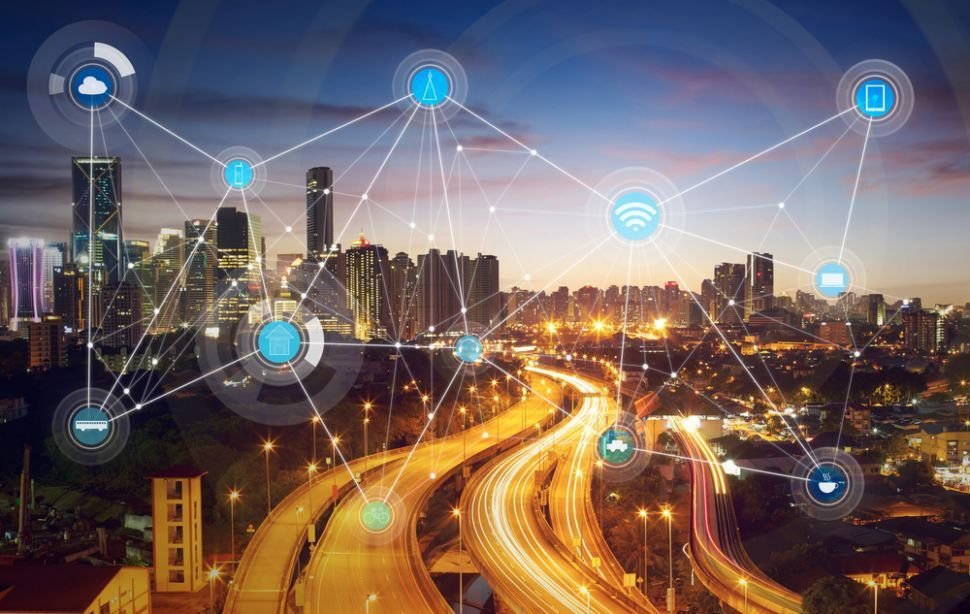

The 5G race has certainly captured an inordinate proportion of market airtime in recent years, with no end to the controversy. Broader geopolitical context aside, two clear camps have emerged within the industry itself that are fueling the debate. One who believes 5G is the future and 'the next big thing', and the other who thinks it's largely an expensive marketing gimmick with no real value or real-world use case. Ultimately, history may have a thing or two to teach us about who's right. It's 1969 and the Concorde, the fastest commercial airliner of all time, is introduced to the world with the ability to fly at 1354 mph. With a total development cost of €1.3 billion (or about €33 billion today, including inflation), this marvel of technology cruises around Mach II and promised to carry passengers. from Paris to New York in less than 3,5 hours. Fast forward to today, and Concorde has been relegated to the museum. Although recently retired, the 747 made its maiden flight the same year as the Concorde, but has been found to dominate the skies for the past fifty years. This despite only flying at 570 mph. Why obviously better and faster technology hasn't won in the long run? Simply put, the Concorde was too expensive to run: it put speed before efficiency, and that made it very expensive. Double the flight time, in real economic terms, is perfectly acceptable when the alternative ticket is eight times more expensive. Concorde was all about prestige, but there really wasn't much of a market willing to pay for this super-boosted speed.
So what can this tell us about 5G?
Like the Concorde, 5G will be very expensive to implement. It experiences degradation through windows and walls, making the interior lining very delicate. As a result, it is estimated that introducing 5G to UK cities alone would require over 300.000 additional masts. For comparison, there are currently between 30.000 and 40.000 mastheads in the UK, from 2G to 4G, which have been deployed over the last 30 years. Seemingly indifferent to the fact that it's not really commercially feasible, 5G is all about prestige, just like Concorde. The increased cost of operating this network will not bring much benefit to the consumer. In reality, consumers do not need higher speed. 4.5G (LTE Advanced) can reach speeds over 300 Mbps with a latency of 5 ms. The 4G (LTE) standard has a download speed of 100 Mbps, a download of 50 Mbps, and a latency of around 10 ms. A VoIP call can work with a latency of 120 ms and video conference calls work well with a good 4G connection. Aside from high-intensity online gaming (which probably won't be played via mobile anyway), there aren't any real mainstream apps that require speeds of more than 2-4 Mbps. Netflix HD requires 5 Mbps and the tests Real world data show that Netflix 4k uses between 8 and 16 Mbps. This all corresponds well to the capabilities of 4G. But wait, you say. Why doesn't 4G currently work with this standard if those are the capabilities? There are several factors in this, all of which can be addressed through strategic investment by government and industry. Among them, the densification and capacity of the towers, finally completing the deployment of 4G, and allowing more capacity (ie fixed lines) to the towers to develop their full potential. Most of today's 4G speed issues are not between the user and the tower, but rather the tower's connection to the internet.What are the benefits of 5G?
Various 5G use cases are often highlighted, but they don't really capture the word. Download a movie in seconds, for example. It's the quintessential red herring. As long as a movie downloads as fast as you can watch it, at the best quality you need, it's not of much use in the real world. If anything, this use case seems suitable for a scenario where you would need to explode to download a movie and then drop the cover. I maintain that it would be much better if high-quality 4G coverage was everywhere and you could get the data you need. Another fascination is the development of intelligent and autonomous vehicles. Think about it: to me, a vehicle that relies on a SIM card seems very iffy. Autonomous cars have to be exactly that, capable of running without connection to anything, otherwise a tunnel could become an interesting adventure.The cold hard truth
The hard truth is that what the market really needs is 4G densification and increased transport capacity. People want coverage everywhere (be it 4G or WiFi) and low latency use cases don't exist for the mass market (who want to video call their partners, use Facebook and Instagram, and send a few emails). 5G, like Concorde, is undoubtedly the pinnacle of engineering and a marvel of technological advancement, but doing something just because it's cool is pointless. Providers vying to be first in 5G may be ahead of the game in terms of service, but history has shown that if you charge much more than the competition, the long-term business prospects don't look great. . By contrast, the provider that can explain to the mass market that they are focusing on 4G and true universal coverage will not only be brave, but also correct.- Gregg Knowles, CTO of plan.com.